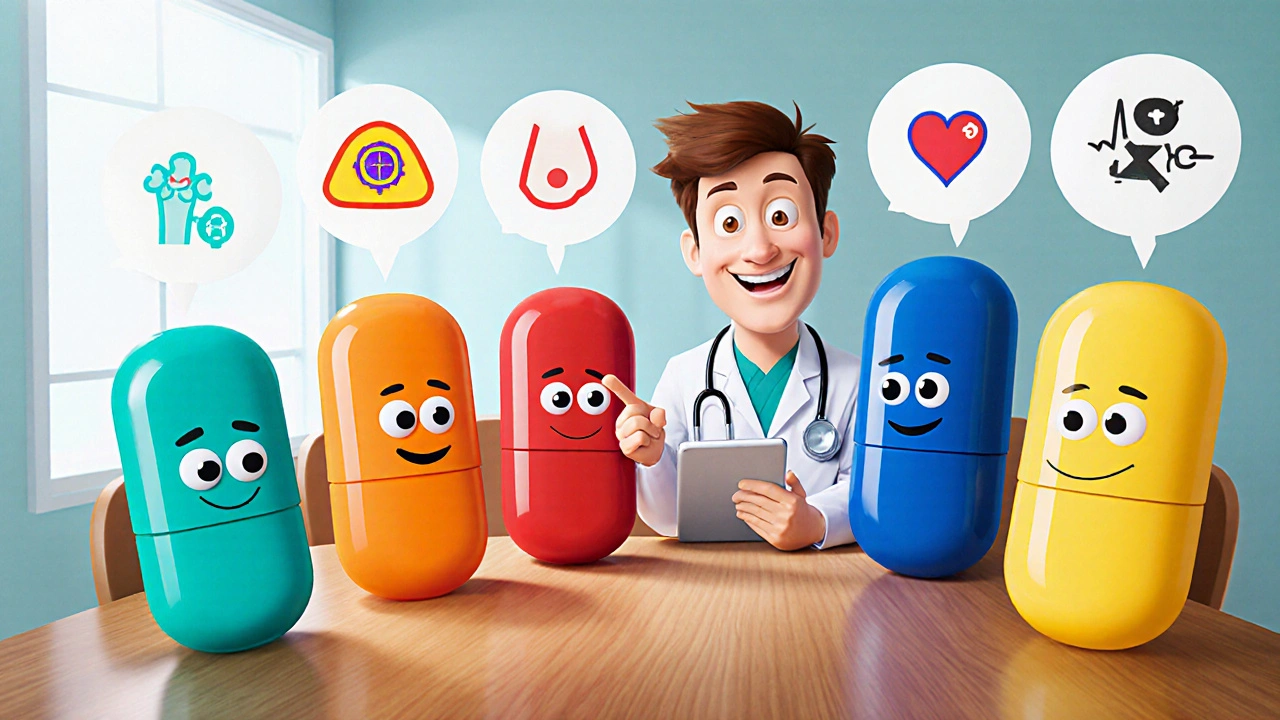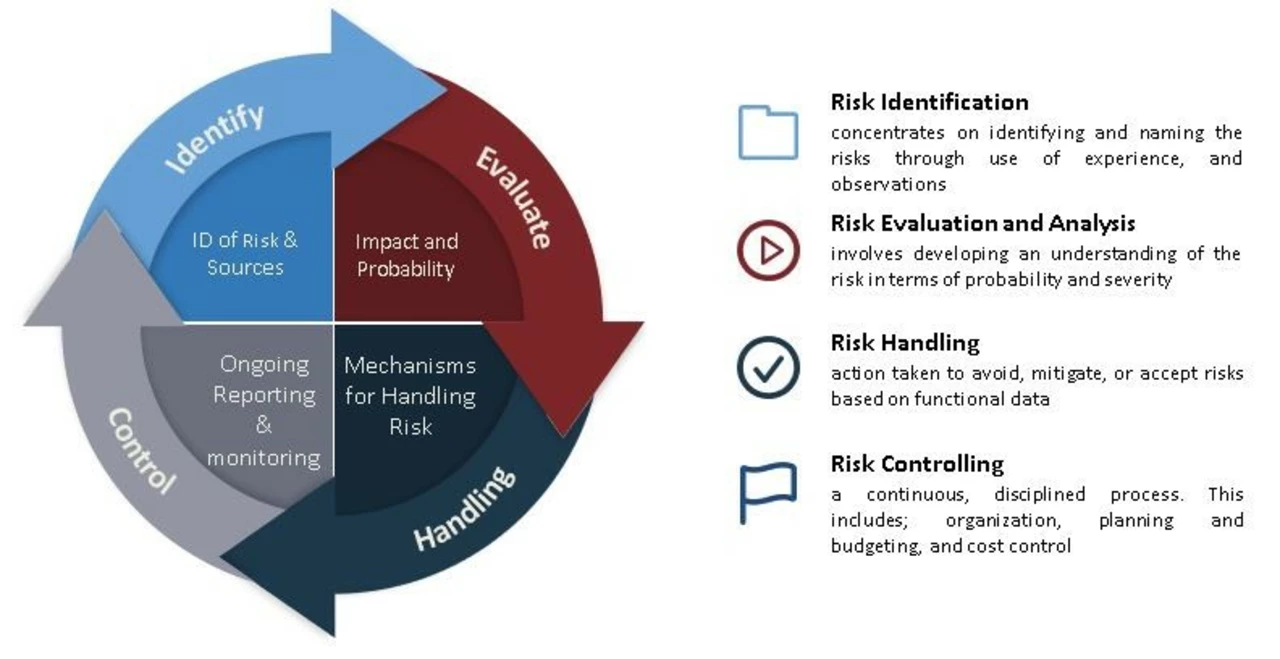Ever taken a pill and wondered why you felt off? Side effects are the body’s way of telling you something isn’t right. Knowing the signs early can keep a simple upset from turning into a real problem.
Most drugs cause mild issues like stomach ache, headache, or a little drowsiness. These usually fade after a few days as your body adjusts. If you notice skin rash, swelling, or trouble breathing, that’s a red flag – stop the drug and get help right away.
Some meds affect specific organs. For example, certain blood pressure pills may cause dizziness when you stand up quickly. Antidepressants can bring on nausea at first but often settle down. Knowing which organ a medication targets helps you spot the right warning signs.
First step: read the label or patient info sheet. It lists the most common side effects and what’s rare but serious. If you’re unsure, call your pharmacist – they can tell if a symptom is expected or needs medical attention.
Keep a simple log. Write down the drug name, dose, when you took it, and any new symptoms. A few days of notes give doctors solid evidence to adjust dosage or switch meds.
If a side effect bothers you but isn’t dangerous, talk to your doctor about taking the medicine with food, changing the time of day, or using an over‑the‑counter remedy to ease it.
Never ignore severe reactions. Signs like chest pain, rapid heartbeat, severe vomiting, or sudden confusion require emergency care. Call 911 or head to the nearest ER – your safety comes first.
Remember, not every side effect means you should quit the medication. Many are temporary and manageable. The key is staying informed, watching for patterns, and communicating openly with healthcare professionals.
By paying attention to how your body reacts, you can enjoy the benefits of your prescription without unnecessary hassle. Keep this guide handy, and next time a new symptom shows up, you’ll know exactly what steps to take.

Learn how to choose diabetes medications based on side effect profiles to improve adherence, avoid dangerous reactions, and match treatment to your health goals-without sacrificing blood sugar control.

A detailed guide comparing Etodolac with Naproxen, Ibuprofen, Diclofenac, and Celecoxib, covering efficacy, dosing, side effects, and safety tips.

Learn all about Prometrium, its uses, benefits, side effects, and practical tips for real-life hormone therapy. Everything you need in one place.

Get the inside scoop on Lariam—an antimalarial that saves lives, but not without controversy. Explore its uses, side effects, and true risk.

Zyrtec is one of the top choices for fast allergy relief, but there's much more to it than just popping a pill. This article explores how Zyrtec works, tips for safer use, how it compares to other allergy medicines, and surprising facts you probably didn't know. Discover detailed advice and smart hacks to help make your allergy season a breeze.

I recently delved into the side effects of gemfibrozil, a medication used to lower lipid levels in the body. Some common side effects include stomach pain, diarrhea, and headaches. While most of these are mild and temporary, it's important to consult with your doctor if they persist. In my research, I discovered that maintaining a healthy lifestyle and diet can help alleviate some of these side effects. I'll be sharing some tips on how to manage these side effects and maintain a balanced life while taking gemfibrozil.

As a blogger, I've recently been researching the connection between Tamsulosin and dental health, and I'd like to share some key points with you all. Tamsulosin is a medication commonly used to treat benign prostatic hyperplasia (BPH), and it has been found to potentially impact dental procedures. One significant concern is the risk of increased bleeding during dental surgery, which may require dentists to take additional precautions. Individuals taking Tamsulosin should always inform their dentist about their medication history to ensure safe and effective dental care. Ultimately, understanding the link between Tamsulosin and dental health is essential for both patients and dental professionals.
Explore how carbidopa‑levodopa‑entacapone (Stalevo) improves daily "on" time and quality of life for Parkinson's patients, with evidence, dosing tips, and FAQs.
Exploring the realm of erectile dysfunction treatments, this article sheds light on five notable alternatives to Cialis. Through a detailed analysis of Sildenafil, Stendra, Levitra, Alprostadil, and generic Tadalafil, readers can learn about their distinct features, benefits, and drawbacks. This information aids individuals in making informed choices regarding which treatment might best suit their needs for effective and satisfactory results.
Hi there, it's your friendly family doctor, here to let you in on some fantastic coupon codes for our online drug store, familydoctor.org. This is a golden opportunity to grab those everyday essential medications and vital prescriptions, without breaking your bank. Don't miss out on these tempting deals that intend to make healthcare easier on your pocket. So, why delay? Come, uncover these discount codes and take a healthy step towards savings!
In my latest blog post, I've tackled some common myths surrounding breathing disorders. I've busted several misconceptions like the belief that asthma is always outgrown in adulthood, or that sleep apnea only affects overweight individuals. By shedding light on these misconceptions, I hope to provide a clearer understanding of these conditions, and remind everyone that proper diagnosis and treatment are crucial. Breathing disorders are serious and shouldn't be taken lightly, and it's high time we separate fact from fiction. Stay tuned for more health myth-busting posts!
Learn how to safely exercise while taking statins to prevent muscle pain and injury. Practical tips backed by science for staying active without risking side effects.